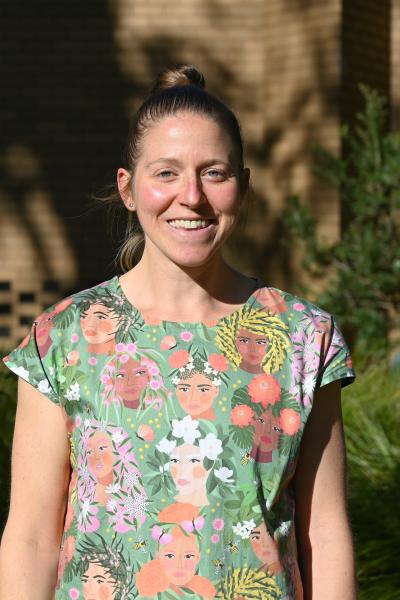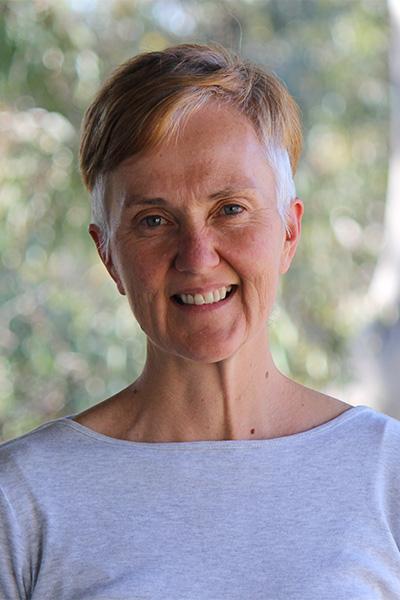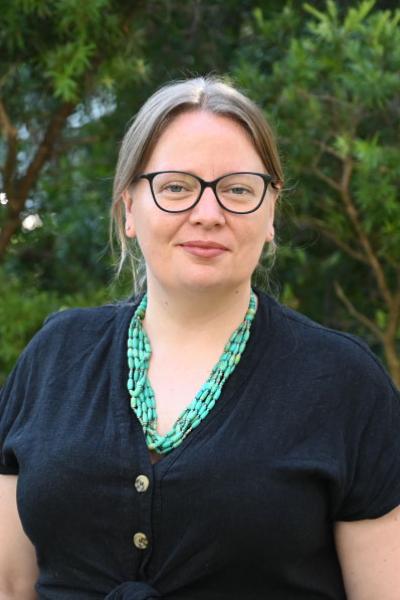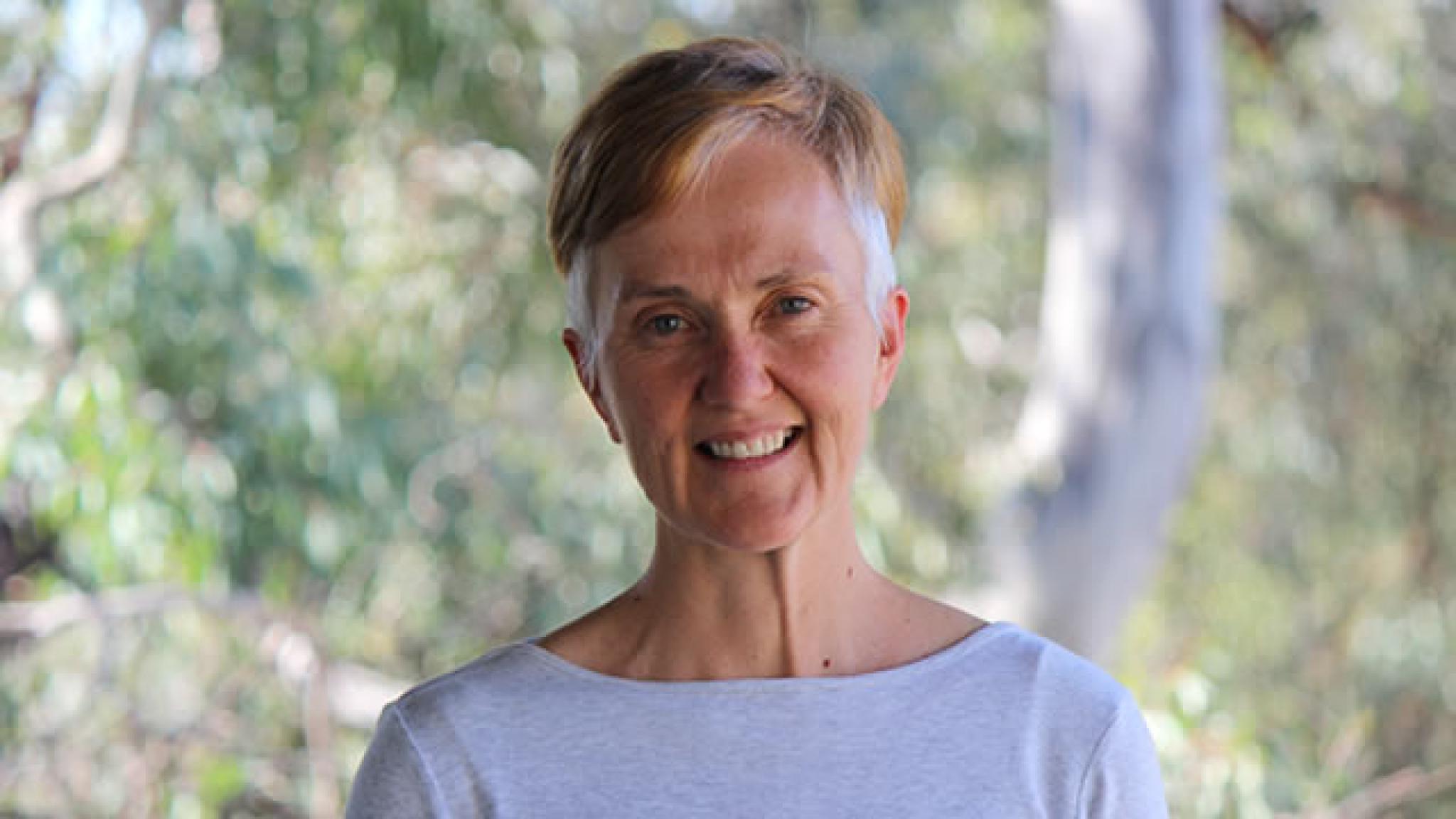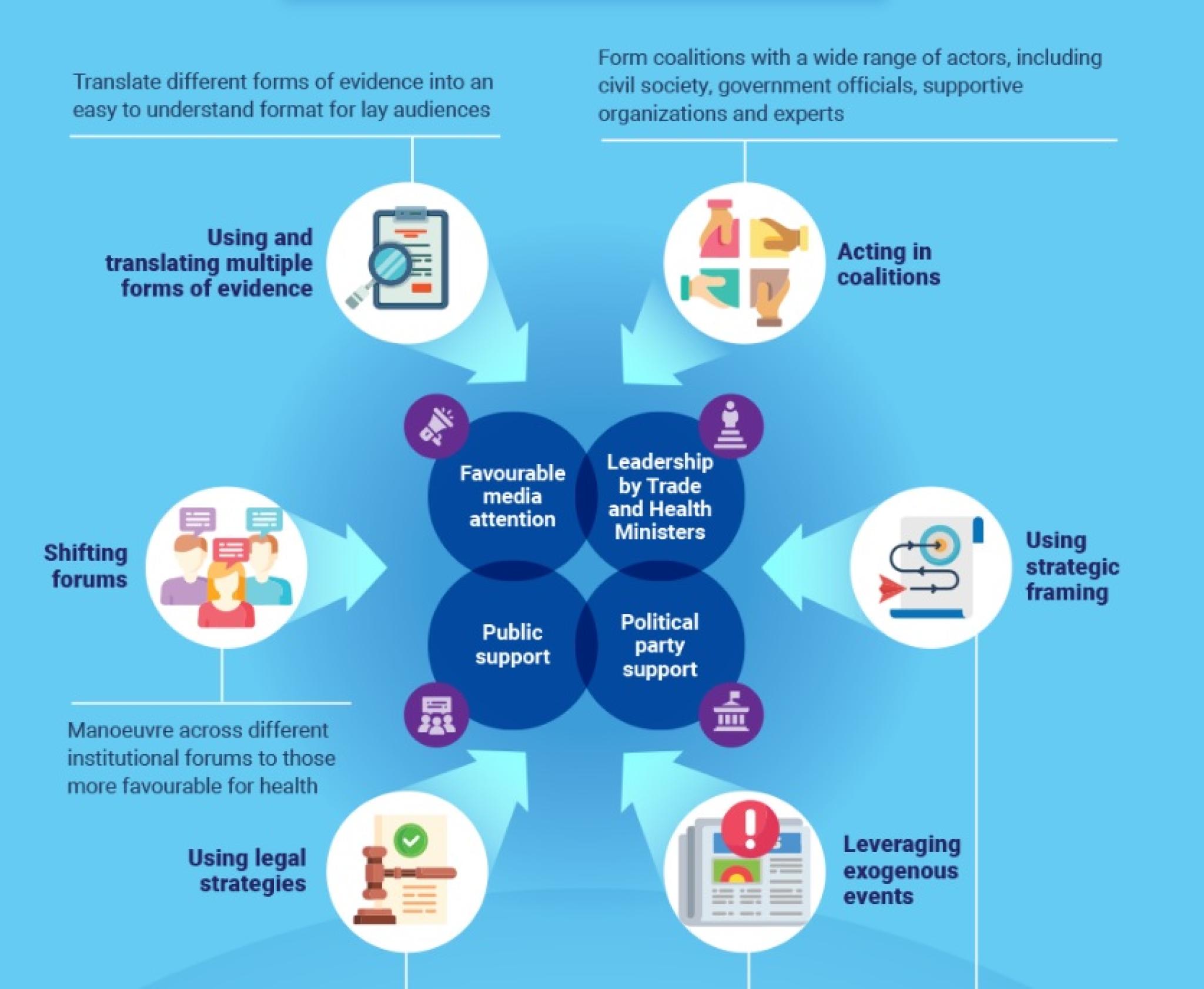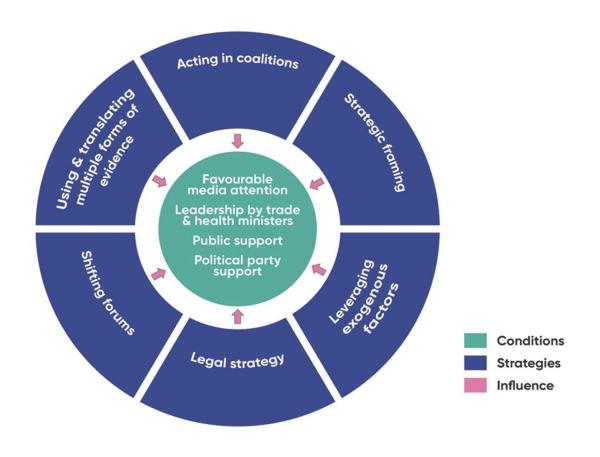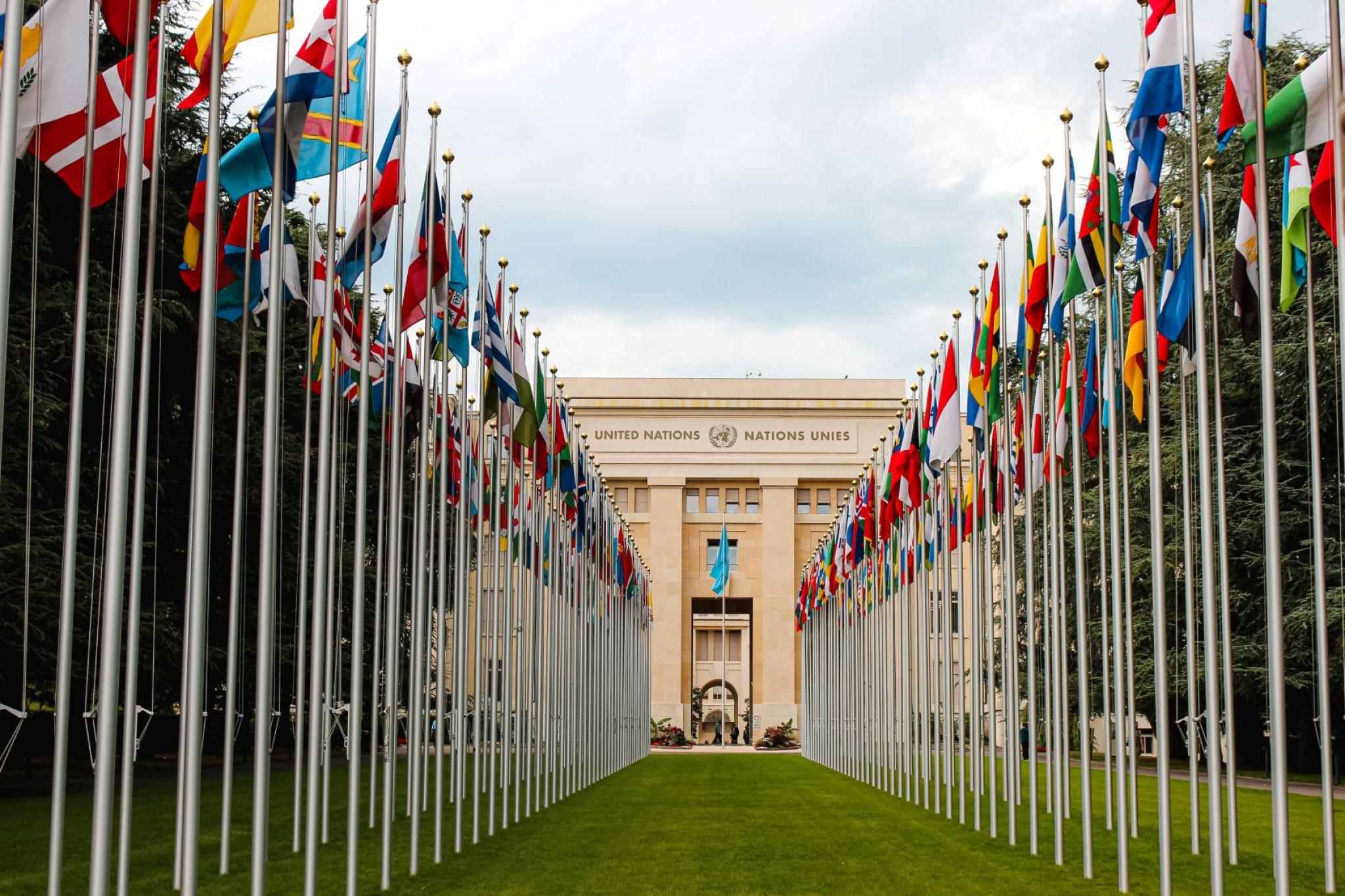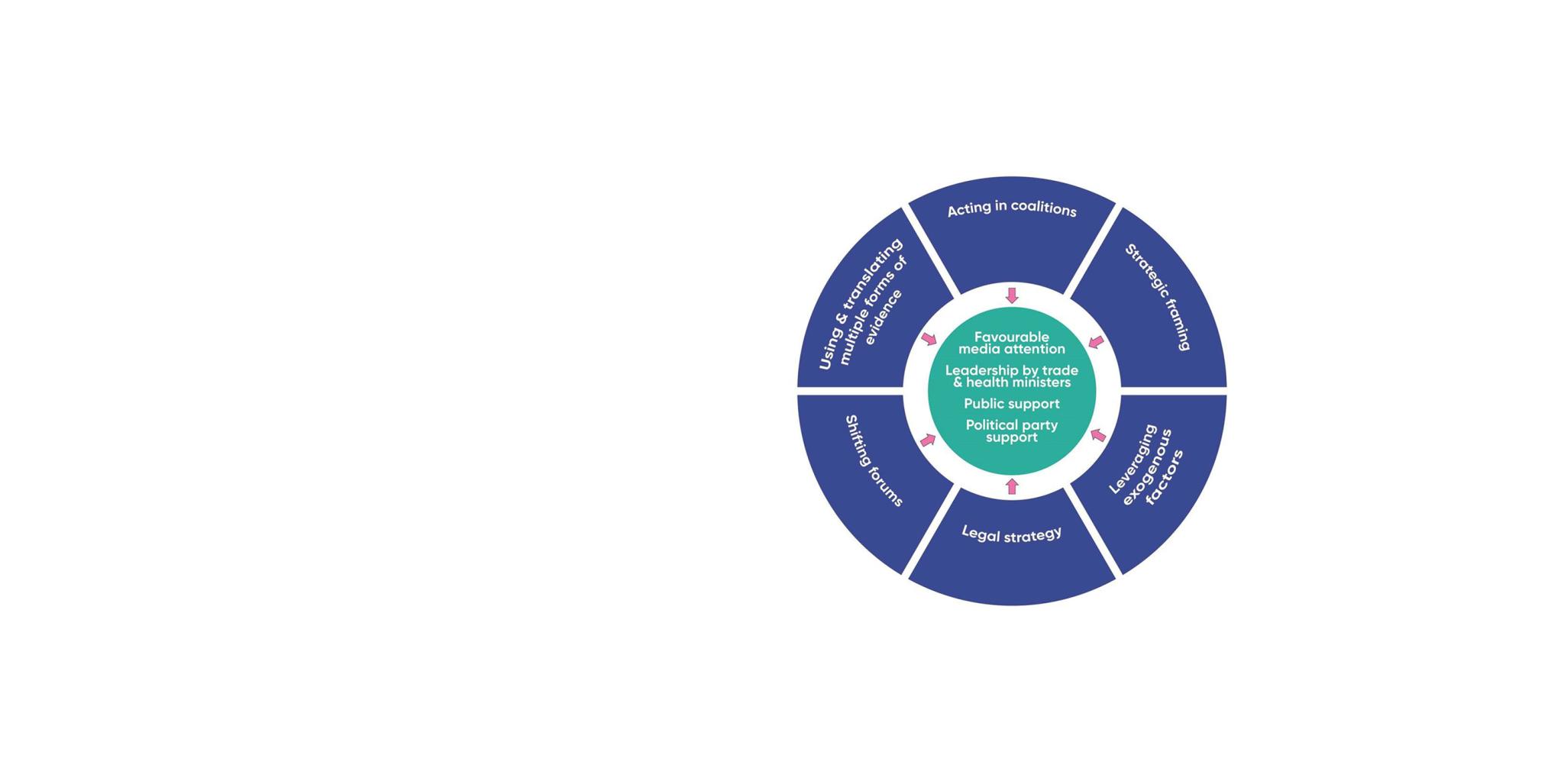The ARC Laureate Planetary Health Equity Hothouse will start to identify the conditions that enable the transformation systems towards planetary health equity goals, and shift governance practices toward a more effective modern paradigm.
The Australian Research Centre for Health Equity (ARCHE) is dedicated to advancing the field of social public health. We investigate the ideas, power relations, formal and informal rules and practices that shape multisectoral public policy, market practices, and civil society. Our research spans the political, financial, commercial, environmental, and social determinants of health inequities.
The aim of our work is to provide evidence related to these complex systems, which through proactive engagement with key change makers across society, will help contribute to a fairer, more sustainable and healthier society within Australia, across the Asia Pacific region, and globally.
Governance for health equity is necessarily interdisciplinary and requires the use of multiple methods. We are researchers from public health, political science, sociology, systems science, psychology and economics. We use a plurality of methods including evidence synthesis, complex systems modelling, political and social science qualitative and quantitative techniques, and policy analysis. We believe that collaboration is imperative between researchers, government officials, industry, and non-government organisations. Using extensive national and international academic and policy-related networks, we employ a cross-disciplinary, cross-sectoral and cross-border approach in our work.
Hero image by Alina Brubnyak on Unsplash
Future Leader Fellows
Please visit the Planetary Health Equity Hothouse for a list of Future Leader Fellows.
ARC and NHMRC funded research
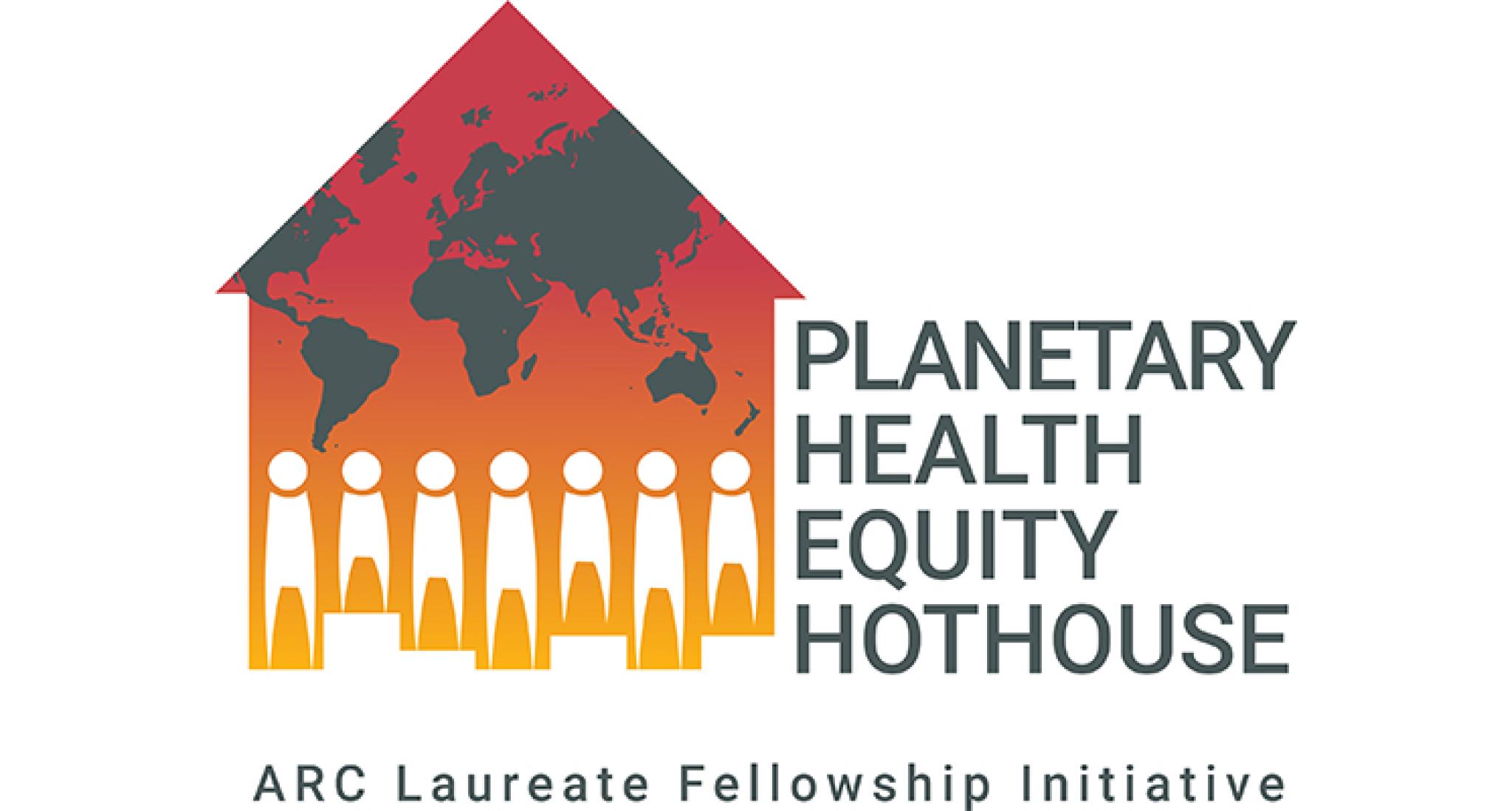
ARC Linkage Grant: Understanding engagement to regulate the commercial determinants of health
This three year project is funded by the Australian Research Council and aims to develop a knowledge base focused on understanding the ways in which civil society organisations/non-government organisations engage with government and the private sector, and the different approaches used by them to regulate alcohol and ultraprocessed food industries so as to reduce negative health impacts.
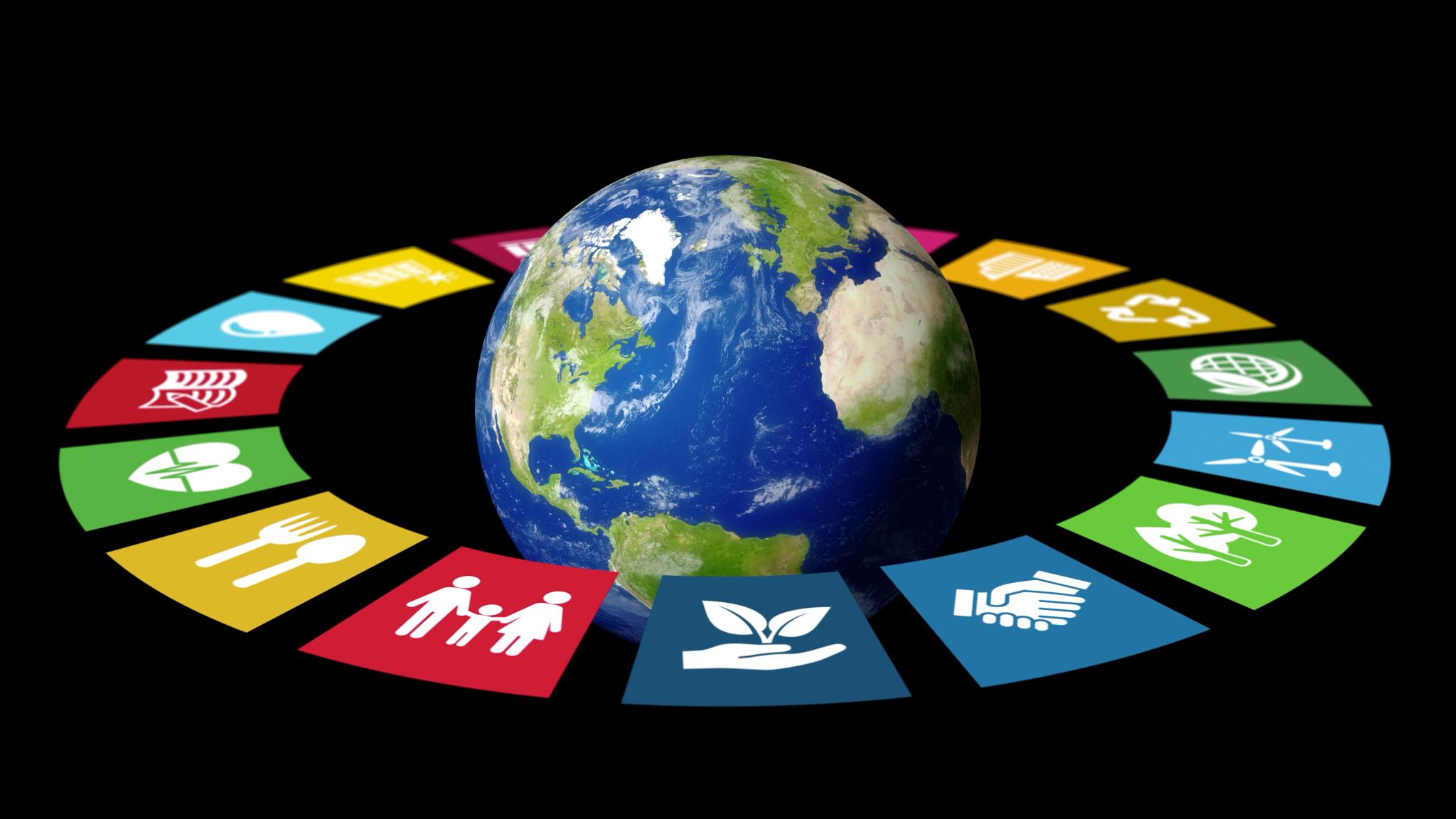

NHMRC Ideas Grant: Behind the scenes of socioeconomic advantage and health inequities: evaluating the role of public policy and privilege
The aim of this project is to build knowledge regarding how public policies contribute to the distribution of socioeconomic advantage and the implications for health equity. We are identifying mechanisms through which public policies may shape the distribution of material and non-materials resources (e.g., rules of access and accumulation) and a relevant and impactful set of indicators that can be used to measure the distribution of those material and non-material resources within countries. We will conduct qualitative analysis (e.g. key informant interviews and document analysis) to examine how these mechanisms were conceived, deliberated, and decided upon in the public policy development process and the projected impacts on the distribution of socioeconomic advantage. The identified indicators produced using a Delphi will anchor the policy evaluation outcomes across four policy domains: finance, labour, infrastructure, and food systems. The research conducted will embed complex and systems-level evidence production within health equity policy evaluation and inform policy recommendations within Australia and internationally to enhance health equity. Additionally, this research will support an ongoing socioeconomic advantage monitoring endeavour within the Australian Research Centre for Health Equity.
ARC Discovery Grant: Governing harmful commodities: the case of ultra-processed foods
This ARC Discovery Project aims to generate new knowledge on how to affect the development and implementation of multisectoral public policy to reduce the supply and consumption of ultra-processed foods (UPF). Using governance theory and qualitative techniques we aim to determine where power is located in two key policy areas (Investment & Marketing) that affect the consumption of these foods in Australia, Thailand and Fiji and identify how ideas, norms, institutional rules and relationships between actors can be used to rebalance power in policy making for better nutrition outcomes.

Resources
View the ARCHE 2023 Annual Report here to read about our featured research projects and engagement activities, as well as our reflections on game-changing policies and actions for health equity. In the appendix, you can find a full list of ARCHE outputs for 2023, including publications, presentations, and stakeholder and policy engagement.

